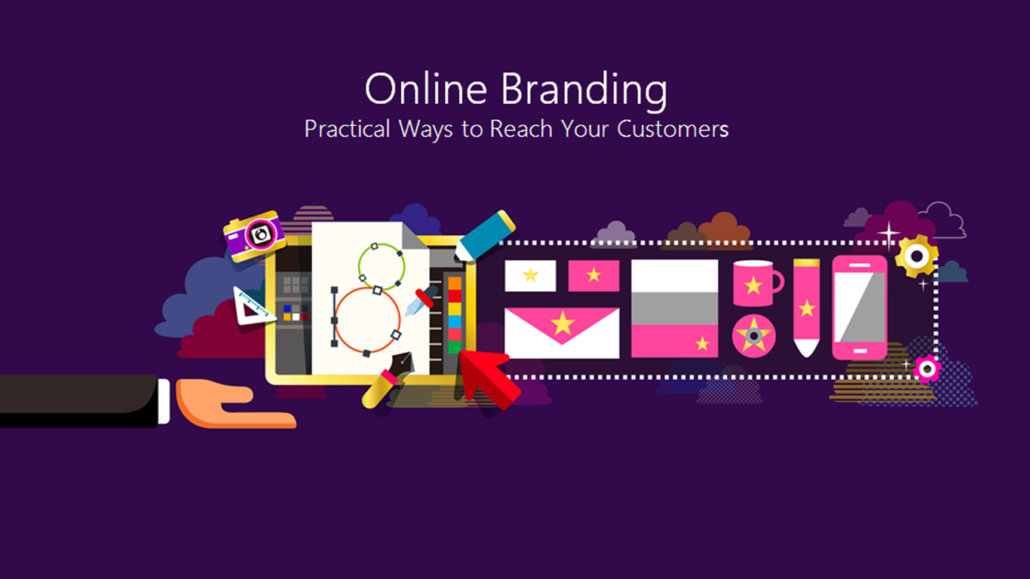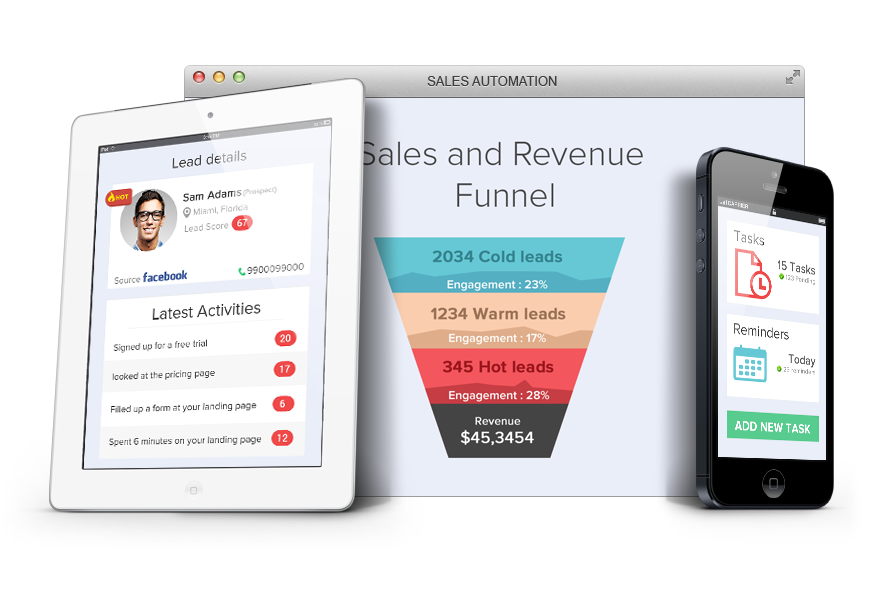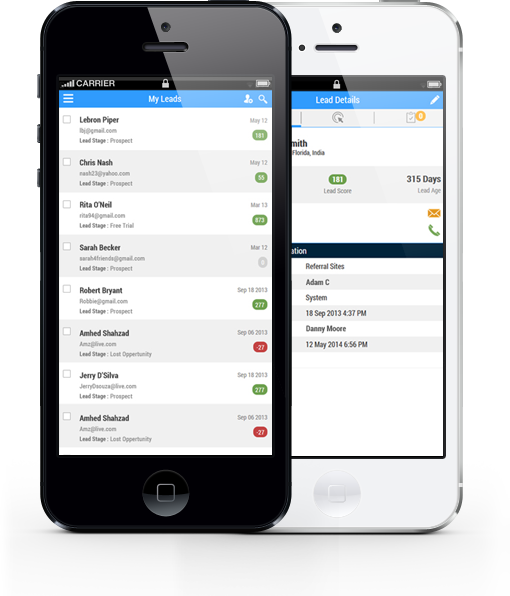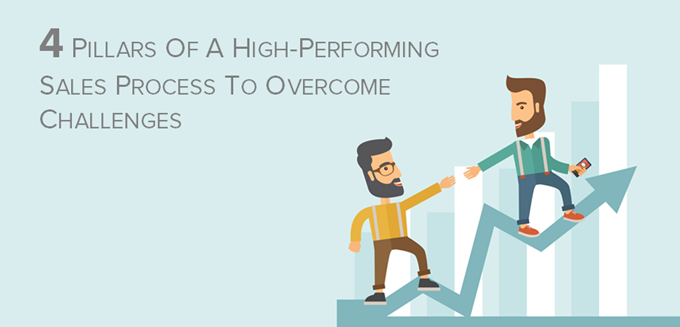In our last session, Prashant Kumar, Sales Manager at LeadSquared talked about the 4 Pillars of a High-Performing Sales Process and how to overcome sales challenges. Sales folks, I hope you enjoyed the session and found value in it. Those of you who couldn’t make it, here’s the Q/A from the session:
Question 1
How to increase the efficiency of your sales warrior?
Essentially there are a lot of things but more importantly, recruitment and product training is the place to start.
Although, training is a costly setup, it is worth it. The sales person should be equipped to present the product – this cannot happen without good product knowledge. Remember to train them on recent updates as well. He should have a good grasp as to how every detail can help the customer or business.
Along with this, you should always monitor and document questions repeatedly asked by prospective customers during demos, interactions, meetings and so on. You could create a book or even make a sales bible, including those questions asked by prospective customers and write suitable answers. This would make it easier for newcomers / salespersons to tackle common customer queries better.
The other things you could do to improve efficiency are:
- Have a pre-sales qualification team to ease the burden off the sales warriors.
- Automate your sales process so that the sales warriors can prioritize efforts and focus on the most important leads.
Question 2
How do we keep engaging with existing clients and improve the relationship?
Newsletters and regular value-adding content like (industry-specific) ebooks and whitepapers sent to them would help. I would also suggest you give them a call occasionally, just to find out if they are getting value out of the product or service and whether they are experiencing any difficulties in terms of the product or service.
(For more insights on building engagement, take a look at this webinar on lead engagement methods)
Question 3
How to find out quickly what the leads’ budget is?
Generally, the lead’s budget has to be found out before you get in touch with him. The good old background research is the fool-proof method. That does not mean however, that your lead will convert for the same amount you pitch. He/she will definitely try to negotiate.
Question 4
How to handle negotiation when a lead cites a competition’s cost and asks you for a lesser price?
Negotiation is something the customer discusses with you on the product. Comparing that with a competitor’s cost is very different. If a prospect sees more features in a rival product over yours, at the point, it’s best to understand the exact needs of the prospective customer.
Let me give you an example. Let’s say I have an expensive car and it has a lot of features. However, I am not able to use all the features. Similarly, at that point, a sales guy should be asking whether the customer or sales team actually needs all the features offered by the product.
Negotiation also tells you that if a guy is negotiating, then he/she may be a sticky customer, making him/her an important prospect for the business.
Question 5
As a startup, what are the best ways to change the customer’s mind to buy new and better solution over an existing branded solution?
When we create a particular product or a particular brand, we know what it would be focusing on and what problems it would be solving in the market. In sales, a problem-solving approach is always better. What you can do is, when you are launching a new product, have unique selling points and address the customer problems you will be solving when they get onboard.
I understand there will be competitors. Maybe, it’s not a niche market but you have to be different. Try to have a problem-solving approach or strategy. When you are actually creating a new product, see the pain-points and design it according to that. When it comes to brand value, branding team should know how different their product is, when compared to those of the competitors.
(For more inputs on branding and adding brand value, take a look at this webinar on Online Branding Strategies, by branding expert Radhakrishnan KG from WebNamaste)

Question 6
How would you evaluate your salesperson’s performance if they lose a deal?
There can be multiple reasons to lose a deal. Some of the reasons could be:
- The requirements were not matching or was different from the service offering
- The sales rep was unable to project the product value
- They were not ready to invest in the product
So it really goes back to lead qualification again. If you don’t qualify your leads and it still goes to the last stage (meeting with customer), it’s unlikely that the deal will close.
To solve this problem, you can ask your sales team to qualify those leads where there is a potential. Use systems, like LeadSquared that help you understand the behaviour and interests of the lead and thereby, prioritize them. A system will not guarantee closures, but it will cause a considerable change.

Question 7
What is the best way to qualify a lead, a BANT or CHAMP?
Ideally, you should always start with addressing challenges and therefore, I would pick CHAMP (Challenges, Authority, Money, and Prioritization) over BANT (Budget, Authority, Need, and Timing).
Question 8
What is an ideal sales process at an advertising agency?
A sales process is applicable for all types of companies. Work on those customers where you find stickiness. Since you are into services, while setting up the sales process, it is very important to clearly understand whom to target and who not to target. Once you identify that, the rest will fall into place.
Question 9
How to generate leads from the newly launched Facebook LeadSquared App?
We have launched a connector for Lead Ads and you’ll be able to capture leads in LeadSquared right now with lead ads. Here’s a help document. https://help.leadsquared.com/facebook-ads-to-lead-in-leadsquared/

Question 10
How to script cold emails?
There are a few things that I have seen.
Keep it direct – talk about them, identify a pain point they might have and offer a solution. Don’t talk about you or something they already know.
See if you can do some research (are you connected on LinkedIn?) and start off the email with what you have found. Otherwise, segment your leads according to what works best for you and then send a customized email.
Question 11
How to train my team in selling a product with a high price? I have noticed that my employees are finding it difficult to sales high-priced products. Can you suggest an easier way?
I know that sales people get worried sometimes if they have to sell high ticket-sized items. However, there are two benefits of doing this.
The first benefit is for the sales person. In high ticket-sized items, targets or benchmarks are very easy. When it comes to the fear of presenting a high net worth item, rather than talking about the product’s features while giving the demo, they should talk about the kind of value the product is going to add.
Secondly, one should know the business and understand the business problem areas and accordingly make the presentation. Your sales presentation should not be a generalized one. It should be very specific. When they are starting a demo, tell them to ask questions like, how is the business process aligned, what all systems are there in place, what problems are they solving, and so on.
They should not fear high ticket sized items. It’s a big world and there’s a lot of money out there. Value addition is what they should consider.
[Also read: The MEDDIC sales process]
Question 12
How can we increase the conversion percentage of our team if product price has increased?
In today’s economy, costs of everything is increasing. I’m sure, if you are increasing the price of the product, you must be adding certain other benefits and features that could be value-adding. That’s what your sales team needs to highlight during their meetings and demos.









